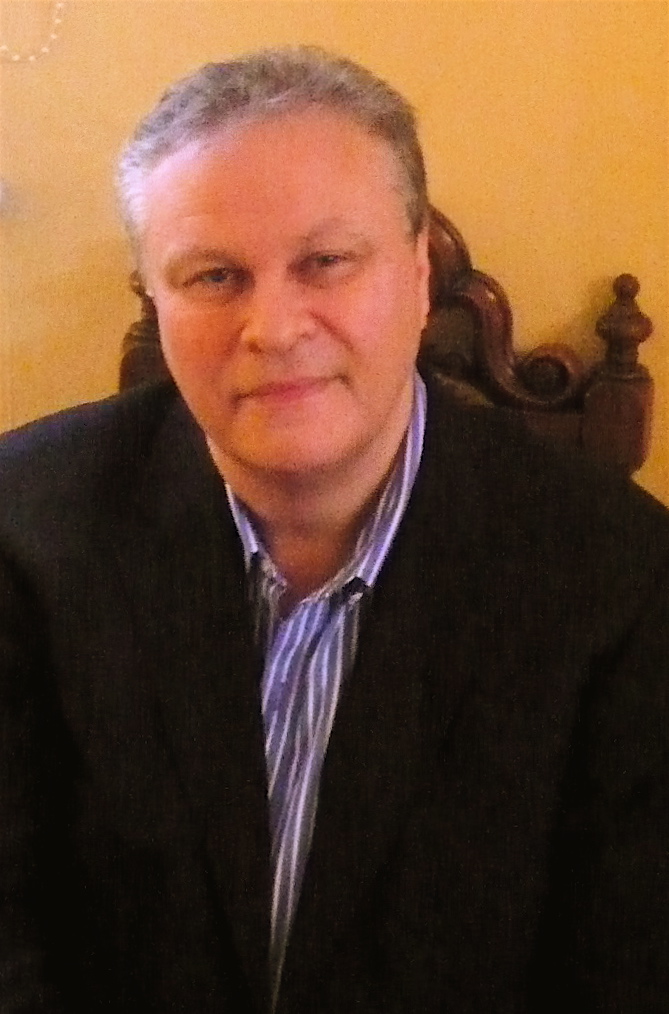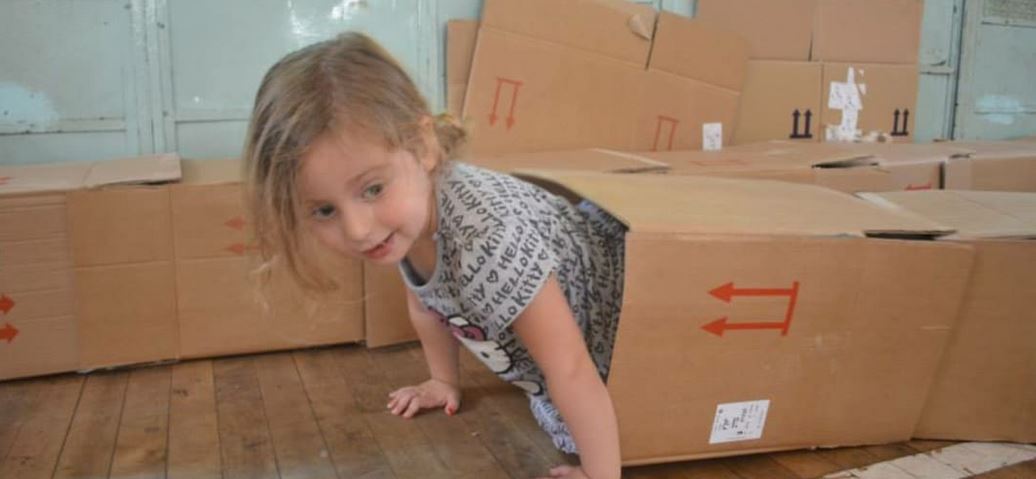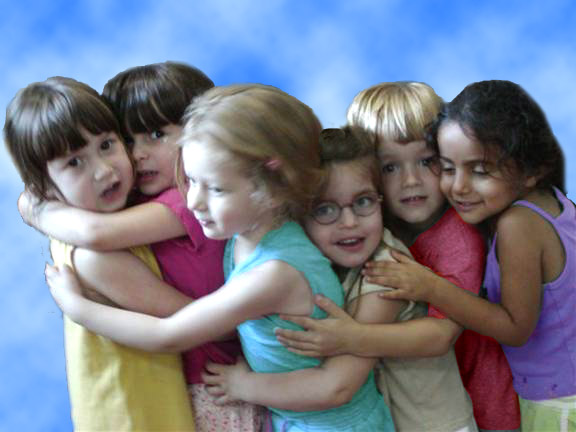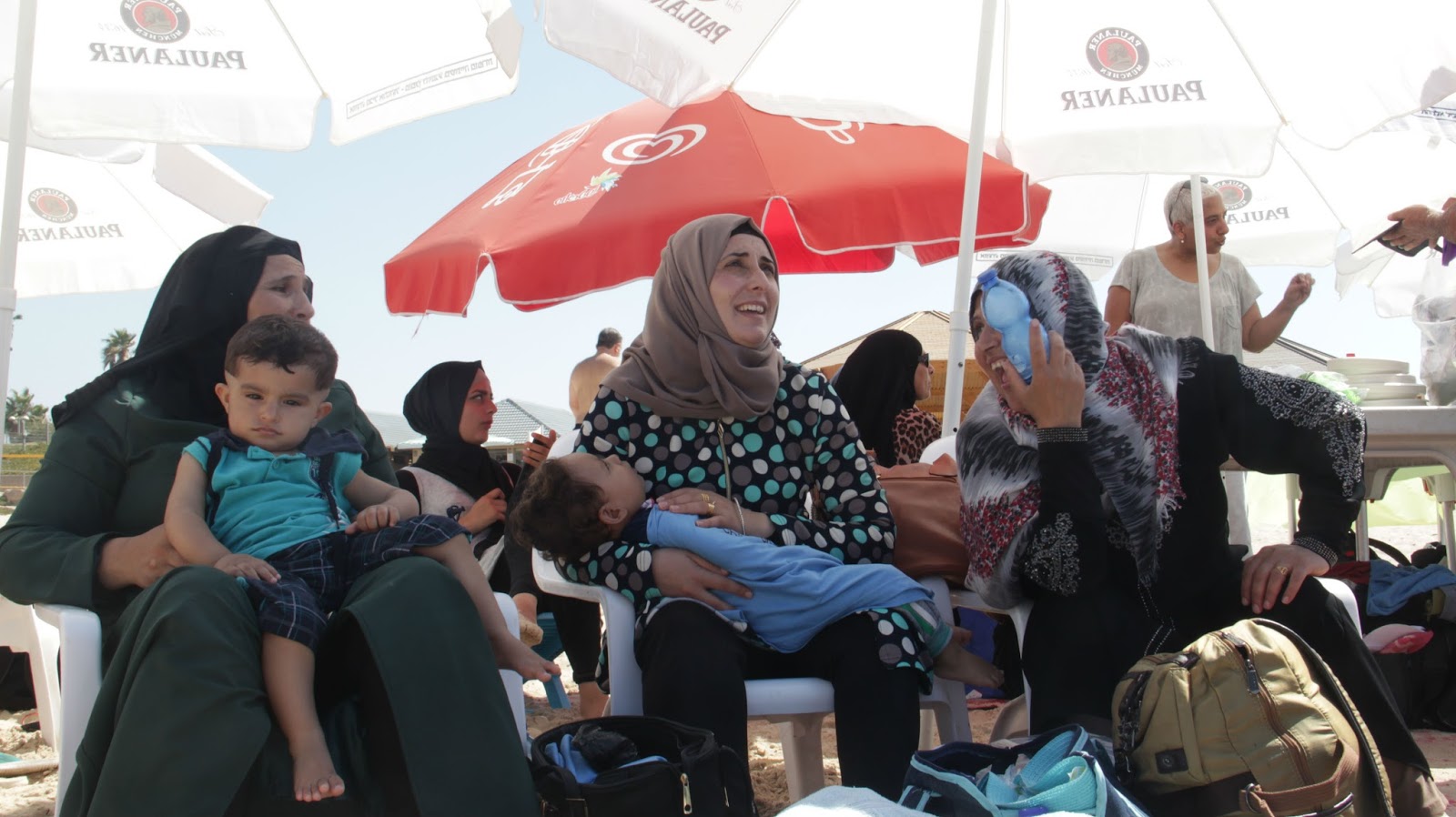Richard Martin of Children of Peace – peace needs contact and face-to-face dialogue

By Denise Nanni
and Milena Rampoldi, ProMosaik. In the following our interview with Richard
Martin, President and Founder of Children
of Peace. The organisation struggles for children to be safed from
criminality and terrorism in the Middle East, in particular in Palestine.
Richard talked to us about the history of his organisation, about how to work
for peace by challenging all kind of racism, discrimination of all monotheistic
religions, by personal contact and dialogue. Dialogue is the magic word to
promote peace. Richard told us: “Children of Peace is a UK based non-partisan,
conflict resolution organisation, that aims to protect children and build
friendship, trust and reconciliation between Israeli and Palestinian children,
aged 4 -17 through arts, education, healthcare and sports projects and
programmes, so that a future generation and their communities might live in
peace, side-by-side.”

How do you identify
the organizations you cooperate with?
When I founded Children
of Peace in 2004, we sent a delegation from the UK to Israel and Palestine on a
fact find. We discovered – to our incredulity – that there were over 50,000
NGOs in Israel & Palestine. This is a huge industry and since the early 1950s
we estimate that 7 trillion dollars has reached the region from world
organisations and donors.
Yet, despite all this
funding, almost nothing has changed. Only six organisations actually made
contact with each other. We wanted to change the culture and focus on dialogue
– on making contact, of listening to each community’s narrative, respecting each
other’s heritage and those things that we all share – a yearning to protect our
children, to build a better life, to be in a safe and hopeful place.
That’s why we
established the Coalition of Peace.
Essentially all
groups – CBOs or NGOs – must apply to join us as affiliates or partners. Most
groups approach us or are researched by our team. The application is
scrutinised by our Compliance Committee to check the group’s track record and
connections to protect the children and our work from criminal or terrorist
fronts. If accepted, groups go through a monitoring process for two years
before applying for funding.
Today, the Coalition of Peace is now the single, largest peace network across the
Middle East with affiliates in Bahrain, Egypt, Gaza, Israel, Jordan, Lebanon,
Oman, Turkey and the West Bank.
Since 2005 we have
helped over 120,000 children in Israel and Palestine.

How has civil
society been responsive so far?
Right from the get-go
our position has been to welcome a diverse range of religious, secular and
political supporters who shared our non-partisan position. As a
conflict-resolution organisation we focus on reconciliation, simply refuse to
take sides or bring our own agendas into the region. We take our cue from the
communities themselves. We are proud of the support we receive from Christians,
Jews and Muslims both in the region and worldwide.
Taking sides says
more about you. It does not advance peace one jot.
As part of our
backstory – although we are not a religious organisation nor have any
connection with faith based groups – we challenge Christianophobia,
Antisemitism and Islamophobia – now on the rise throughout Europe right now –
often used as a cover to take sides in this conflict.
Across the region
Children of Peace enjoys the respect of communities in Gaza, Israel and the
West Bank. We are the go-to organisation if contacts need to be made. We act as
a conduit or peace channel for groups or communities who wish to connect across
the divide but cannot do so through direct means.
Our projects and
programmes focus on alleviating poverty within disadvantaged communities,
bringing children together from Israel and Palestine through the arts, sports,
healthcare and education.
Every year – with
Israeli affiliate Humans Without Borders
– we help bring dozens of sick or disadvantaged Palestinian children and their
families to the seaside in Israel from towns and villages in the West Bank.
This is one of the cherished dreams of many landlocked West Bank children –
just to see the sea.
We just funded the
refurbishment of the Leir Peace
Pre-School in Jerusalem where Christian, Jewish and Muslim children learn
and play together. Through another affiliate Rabbis for Human Rights we have provided grants to assist the
resource centre for the Negev Bedouin. In Gaza, we work with various groups
funding clinics, hospitals and education facilities.
A few months ago, for
example Celtic FC contacted us days before playing a match in Israel. As part
of their commitment to diversity in soccer they wanted our help in linking them
up with Israeli and Palestinian youth sports groups and within hours the
Chairman of Celtic FC Foundation met up with three groups in Israel and
Palestine in Jerusalem to gift them football kit and other resources.
None of this would be
possible without the commitment of our extraordinary team at Children of Peace
from the Board of Trustees to the Regional Representatives to the volunteers.
This trust is
reflected by the support we receive from world leaders including Pope Francis, former
US Vice President Biden, French President Hollande, the Palestinian Envoys to
the UK and Washington and the last four British Prime Ministers including
Theresa May.

What are,
according your experience, the most effective strategies in order to promote
tolerance and democratic values among children?
It’s simple……contact,
contact, contact. And dialogue. Meeting people face-to-face and developing a
relationship with a real person from a “group” or “community” that you have
been brought up to distrust or be suspicious of….changes everything.
I recall a magic
moment when some young Palestinians who were staying here in the UK as our
guests were busy texting their Jewish friends in Israel, following an incident….concerned
for their safety.
Once you break bread
together, everything changes.

Can you tell me
more about the researches on children health issues? What were their findings
and conclusions?
Richard: In 2007, Israeli-Palestinian
Kassim Baddarni and myself completed a huge research study on the impact of
conflict and the presence of violence on Israeli and Palestinian children. We
looked at the effects of stress and tension on the physical and mental health of
children – on their educational attainment, on family life, on relationships,
on their own sense of well-being and adjustment. It is too complex to spell out
here but the findings confirm that children from all communities are seriously
and adversely affected by the dire situation.
Israeli children have
excellent healthcare but suffer from worrying levels of morbidity whilst
Palestinian children have poorer healthcare – they have the highest levels of
childhood diabetes, for instance – they too suffer from fear and anxiety. Too
many children know of someone in their lives who has died or been injured or
negatively affected by sudden and unexpected acts of violence.
Do you
cooperate with any local authority or institution? If yes, how?
Children of Peace is
a UK based non-partisan, conflict resolution organisation, that aims to protect
children and build friendship, trust and reconciliation between Israeli and
Palestinian children, aged 4 -17 through arts, education, healthcare and sports
projects and programmes, so that a future generation and their communities
might live in peace, side-by-side.
As an entirely
independent organisation we will cooperate with local government or national
governments to further our aims in helping the children, promoting tolerance
and building a better place for the next generation.
Israeli and
Palestinian supporters talk about the ‘Children of Peace family’. I like that.


